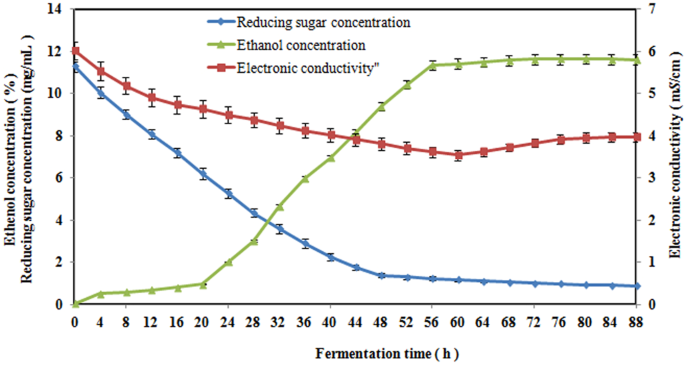Mark Halsey is a licensed therapist, founder, and chief editor of Clean Break Recovery. With over a decade of addiction treatment experience, Mark deeply understands...Read more
Alcohol has long been a social lubricant, but is it actually capable of conducting electricity? We’ll investigate the science behind this controversial topic and find out if alcohol is truly conductive. From the physics of conduction to the role of alcohol in our bodies, we’ll explore the electrical properties of this beloved beverage. So, buckle up and join us as we dive into the world of conductivity and alcohol.

Contents
Alcohol is Not Conductive
Alcohol is not typically considered a good conductor of electricity. The chemical structure of alcohols, also known as ethanol, prevents it from conducting electricity due to the presence of polar molecules. Alcohols become more polar as their molecular weight increases, further reducing their ability to conduct electricity. Alcohols are also hygroscopic, meaning that they can absorb water and become diluted when exposed to humidity, further reducing their ability to conduct electricity.
Alcohols have been used in low concentrations to improve the conductivity of some materials. This is known as doping and is used to improve the conductivity of semiconductors. However, the use of alcohols to improve the conductivity of materials is limited due to the fact that it can reduce the stability of the material and can cause corrosion.
Alcohols can also be used to clean electronic components and surfaces. This is because alcohol can be used to dissolve and remove dirt, grease, and other contaminants from electronic components and surfaces. Alcohol can also be used to clean optical surfaces, such as lenses and mirrors, due to its non-abrasive nature.
Uses of Alcohol for Cleaning Electronics
Alcohol is widely used to clean electronic components and surfaces. Alcohol is often used in combination with other cleaning agents, such as detergents and solvents, to improve the cleaning process. Alcohol is often used to clean circuit boards, printed circuit boards, and other electronic components. It can also be used to clean optical surfaces, such as lenses and mirrors.
Alcohol is also used to clean connector pins and contacts. This is because alcohol can dissolve and remove dirt, grease, and other contaminants from the pins and contacts. Alcohol can also be used to clean solder joints, as it can dissolve and remove flux residues from the joints.
Alcohol is Not Used for Conducting Electricity
Alcohol is not typically used to conduct electricity due to its polar structure, which makes it a poor conductor of electricity. Alcohols can also become diluted when exposed to humidity, further reducing their ability to conduct electricity.
Alcohols have been used in low concentrations to improve the conductivity of some materials. However, this is limited due to the fact that it can reduce the stability of the material and can cause corrosion.
Alcohol is also not used in electrical circuits due to its flammability. Alcohol can ignite and cause a fire if it comes into contact with an electrical circuit. Therefore, it is important to ensure that alcohol is not used in an electrical circuit.
Few Frequently Asked Questions
Q1. Is Alcohol Conductive?
A1. Alcohol can be a conductor of electricity depending on its type and concentration. Generally speaking, pure alcohols are very poor conductors of electricity, but diluted alcohols such as isopropyl alcohol can be quite conductive. This is because when alcohol is diluted, the molecules are spread further apart, allowing for more efficient electron flow. However, even in lower concentrations, alcohol still has a much lower conductivity than water. Therefore, alcohol is not suitable for use in most electrical applications.
Don’t Mix Electricity With Alcohol. Conductivity Of Electricity Through Alcohol..!!
In conclusion, alcohol is not a good conductor of electricity. Although it can be used to create a conducting solution, it has a lower conductivity than other common conductors such as water and salt. As such, it is not recommended for use in any electrical circuit or device. Alcohol should only be used in a laboratory setting where the correct safety protocols are followed.
Mark Halsey is a licensed therapist, founder, and chief editor of Clean Break Recovery. With over a decade of addiction treatment experience, Mark deeply understands the complex needs of those struggling with addiction and utilizes a comprehensive and holistic approach to address them. He is well-versed in traditional and innovative therapies, including cognitive-behavioral therapy, motivational interviewing, and mindfulness-based interventions.
More Posts